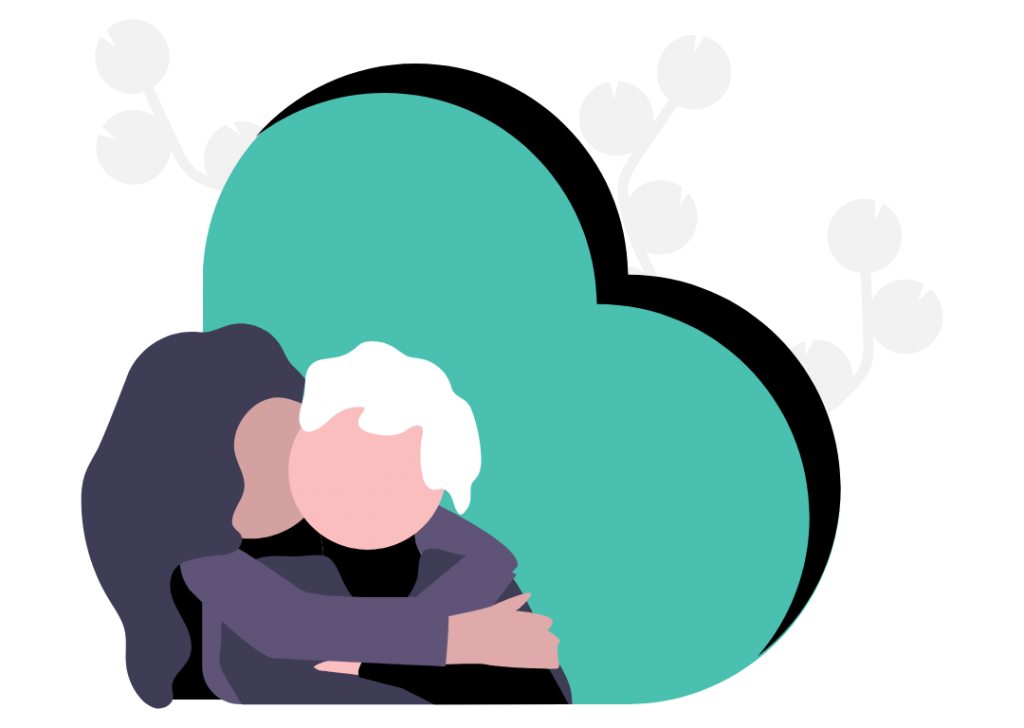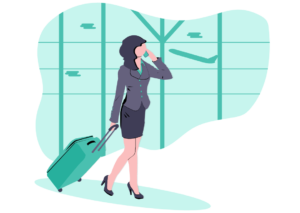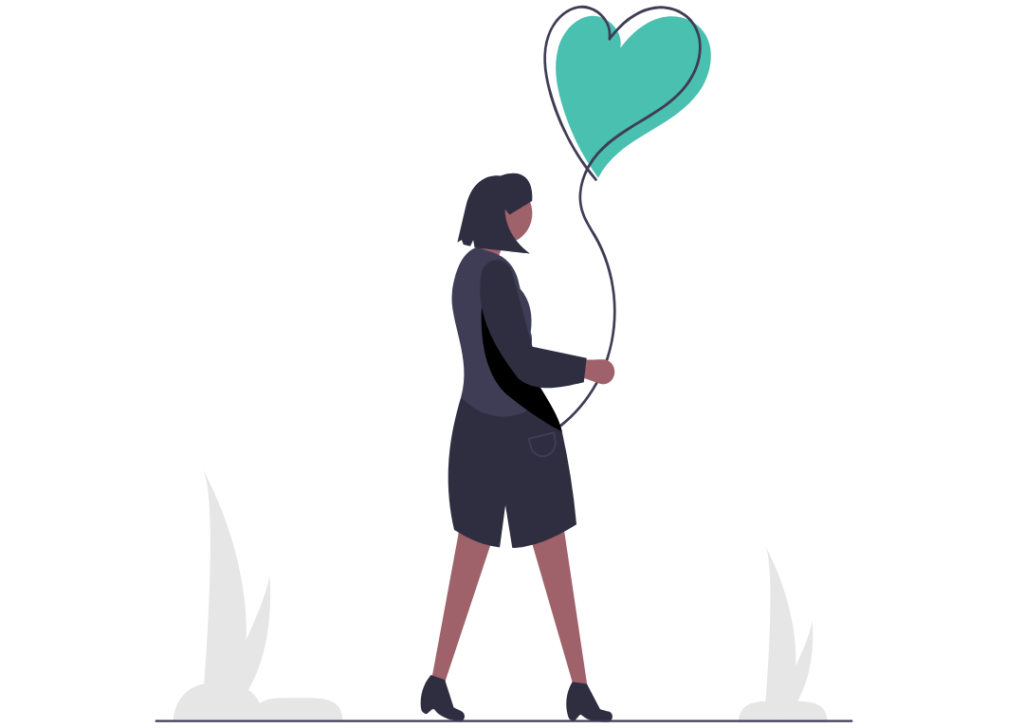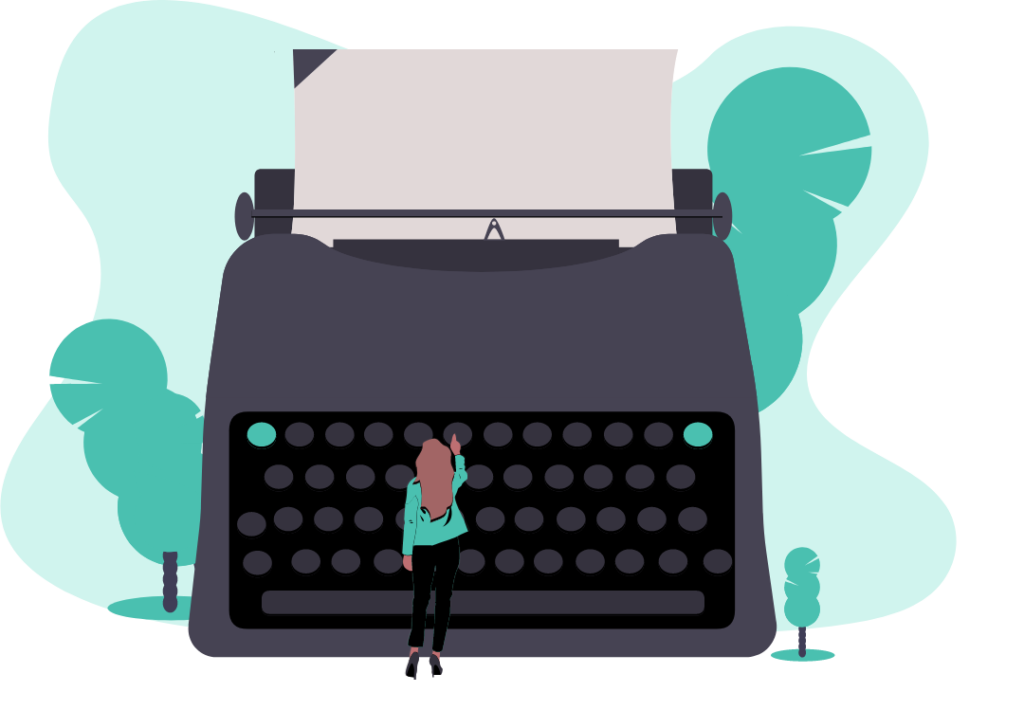
Two Peas in a Pod
Tara's kids were finally old enough to take care of themselves, and she was looking forward to going back to work.

Like many other family caregivers, Deb was excelling in her career when she became a caregiver to her father with congestive heart failure. Deb shares the subtle impact of certain language we use with our parents, why caregiving changes our relationship with others and how she healed her complicated mother/daughter relationship through caregiving. This is Deb's story.
As told to Open Caregiving and lightly edited to enhance readability while preserving the author’s voice.
Hi, my name is Deb and I’m a Baby Boomer woman living in New Jersey. I am currently caring for my 88-year-old mother who is legally blind with mobility issues and diabetes. I previously cared for my father, who had congestive heart failure.
As the only daughter and the youngest, I always knew I would help my parents as they aged. Years ago, I decided to move back to New Jersey. However, I deliberately chose to live almost an hour away. Close enough to get there easily, but not so close that we were on top of one another.
When I first became dad’s caregiver, I was working for a large consulting firm in change management and training as a manager. My work took me all over the US and Canada. The year dad was diagnosed with congestive heart failure (CHF), the client was only five hours away, so I had some flexibility in going with him to doctor appointments.
When my father died, I became mom’s caregiver. My firm gave me four months at home to get her settled. However, I was working on internal projects and not billable. At the end of the year, when I had not made my numbers, they let me go.
I am single and parent to a four-legged, furry dog. Getting together with friends and going away for the weekend was a big part of my social life before I became a family caregiver.
Dad and I were extremely close. We became even closer the last year of his life as I accompanied him to doctor appointments. Since Mom is legally blind and a diabetic with mobility issues, my father was her primary caregiver. As his health failed, I helped him more and more with mom and with their home which enriched our relationship even more.
Mom and I struggled when I was younger. When I became her caregiver, I must admit I was apprehensive and resentful. The gift of this time together is that we have healed our relationship through caregiving. I’m not going to lie, it took a lot of hard work but with a commitment to intentional conversations, setting limits and asking for and saying yes to help, we have become a team. I never expected to get to this place with mom and I am grateful for it.
The language we use with our elders matters. If you are asking someone to change the way they have lived their life for years, then “You must… You should… You always…” are conversational non-starters.
The approach I think works best is an “I” statement followed by a concern and then an open-ended question or offering several choices. It gives you the opportunity to go from a hard no to a yes.
How caregiving changes relationships. Not just the one between you and your care partner, but with everyone in your life. If family or friends don’t understand that your time is no longer your own and they can’t support you in this new reality, then maybe for now, these folks don’t need to be part of your life.
Being able to balance caregiving with taking care of myself starts with asking for and saying yes to help. When mom has an afternoon visit with a cousin or friend, it elevates her entire day and that helps me.
It is stressful to be completely responsible for everything. Getting mom to the point where she is willing to ask a neighbor to change a light bulb, or pick up bananas, means it is one less thing I need to take care of when I am with her.
I’ll give you two books:
Of course, I’d love for you to read my book as well: Your Caregiver Relationship Contract.
Take it one day at a time, don’t panic about what you don’t know or what is coming down the pike. When you need answers, you will find them. When you need help, just ask. There are a lot of very caring people in the eldercare field.
As caregivers, we are so afraid of making a mistake that we too often put off making a decision. Just know that the decision you make today is the right decision, because it’s based on what you know today. Things will change and you may have to make a different decision, but that’s okay.
Deb Hallisey shares impactful advice, resources, and stories for caregivers on her website, Advocate for Mom and Dad.

Tara's kids were finally old enough to take care of themselves, and she was looking forward to going back to work.

Klara was a few years out of college when her seemingly healthy mom was diagnosed with a rare form of cancer beyond treatment.

Diane's writing career was taking off when her husband suffered a stroke that severely damaged his brain and left him unable to function without 24/7 support.